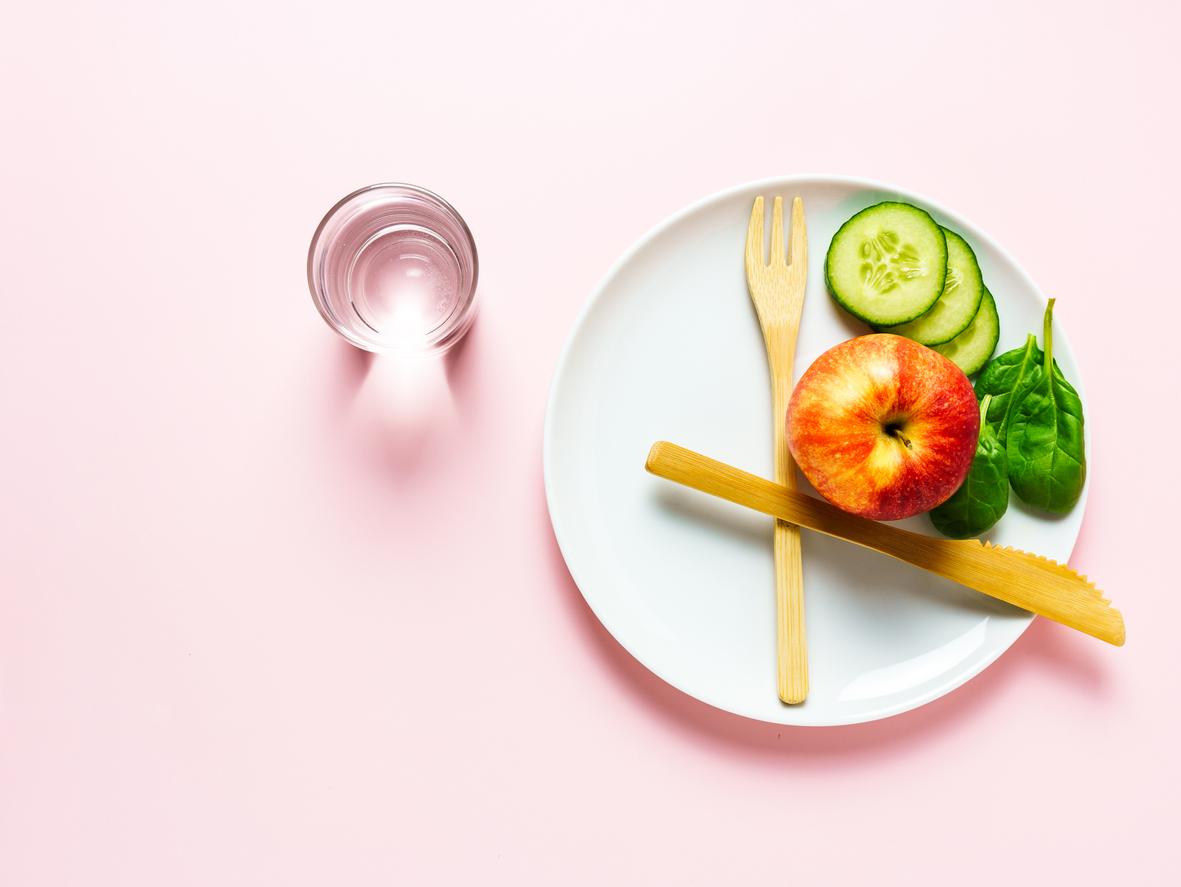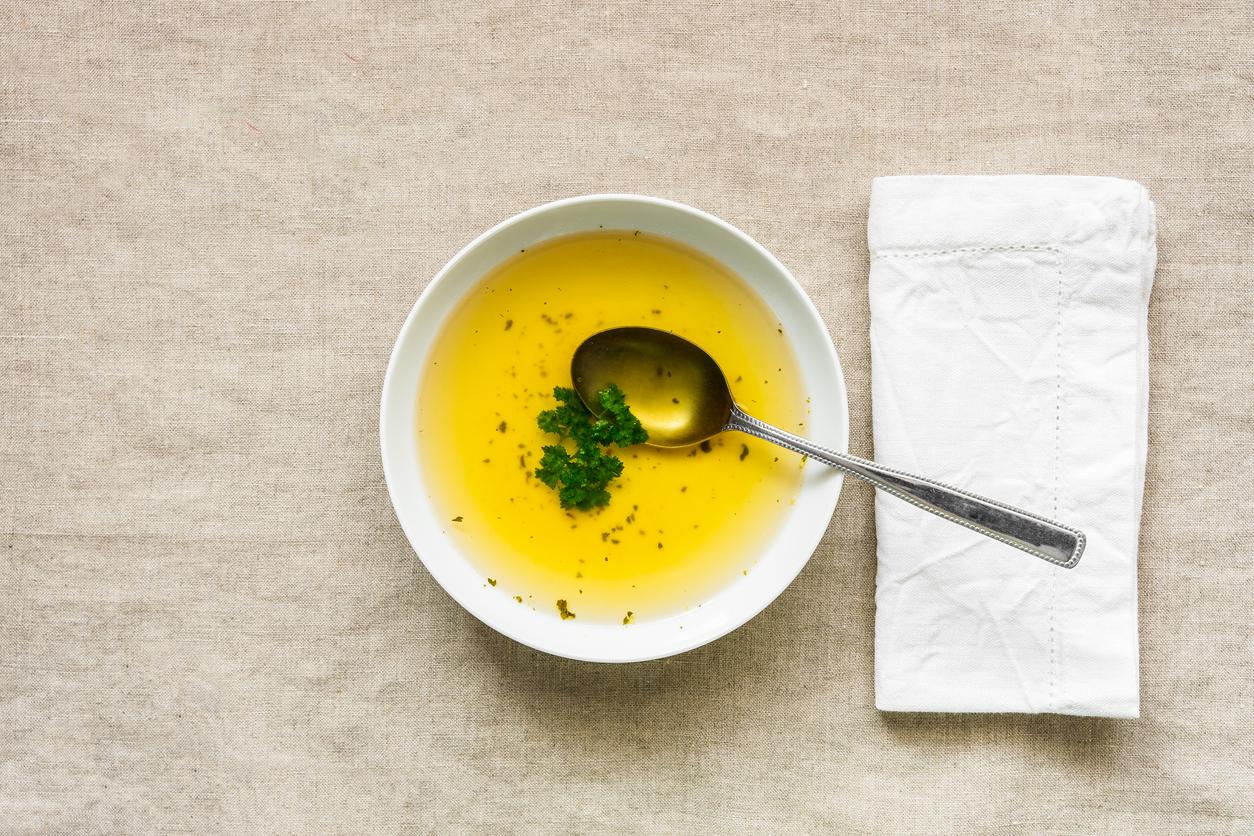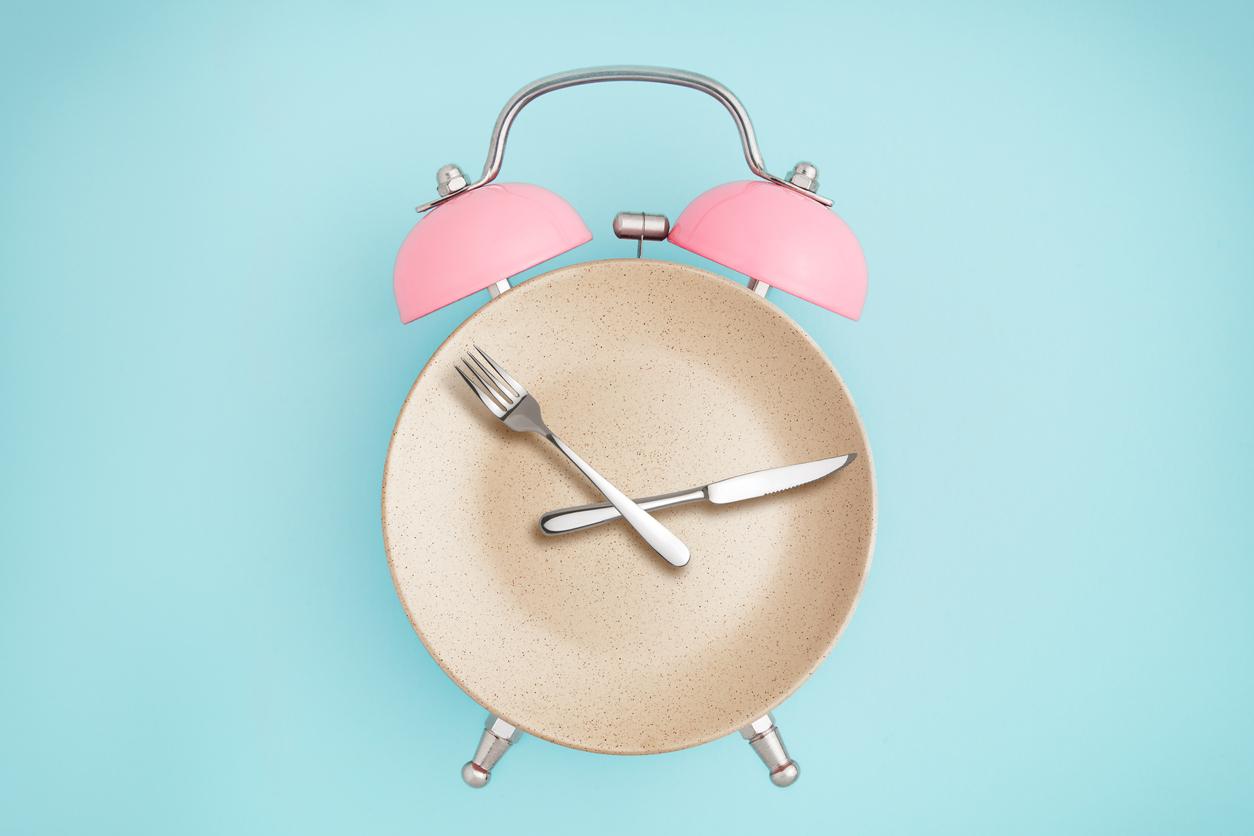A few days ago, the High Authority for Health (HAS) presented its early identification aid tool addictive consumption that it has just introduced for the attention of healthcare professionals. But not all teenagers necessarily want to answer a medical questionnaire in their general practitioner’s office when they are affected by an addiction. This is why the National Institute for Prevention and Education for Health (Inpes) recalls that young people looking for information or advice can go to one of the 400 Consultations for Young Consumers (CJC), reception centers often unknown to families.
Only 16% of parents and 23% of teens have ever heard of CJC, but few really know what it is. Fortunately, the problem should be repaired quickly since the Ministry of Social Affairs and Health has decided to launch, as of today, an information campaign to make the CJC better known.
In France, the levels of consumption of certain psychoactive substances (alcohol, tobacco and cannabis) remain high among adolescents. According to a survey by the French Office for Drugs and Drug Addiction, 17-year-old French adolescents are:
– 42% to have experimented with cannabis;
– 42% to have used tobacco in the past month;
– 53% to have had at least 5 drinks on one occasion in the past month.
“However, the precocity of experimentation and entry into consumption increases the risks of subsequent dependence and subsequent damage. Improving the identification of high-risk uses and taking action before an addiction sets in is therefore an issue. major in public health “underlines the Inpes.
The television campaign will be broadcast until February 8. It presents the CJC as being a “simple, accessible and effective answer to the questions of young people and the concerns of those around them. They aim to assess the consumption of the young person, in order to provide an appropriate response. The objective of the CJC is to help young people and those around them to act before addiction sets in, ”insists Inpes.
Read also
Cannabis changes the structure of the brain
Cannabis before age 17 reduces chances of finishing school
Teens: sanctioned binge drinking


















